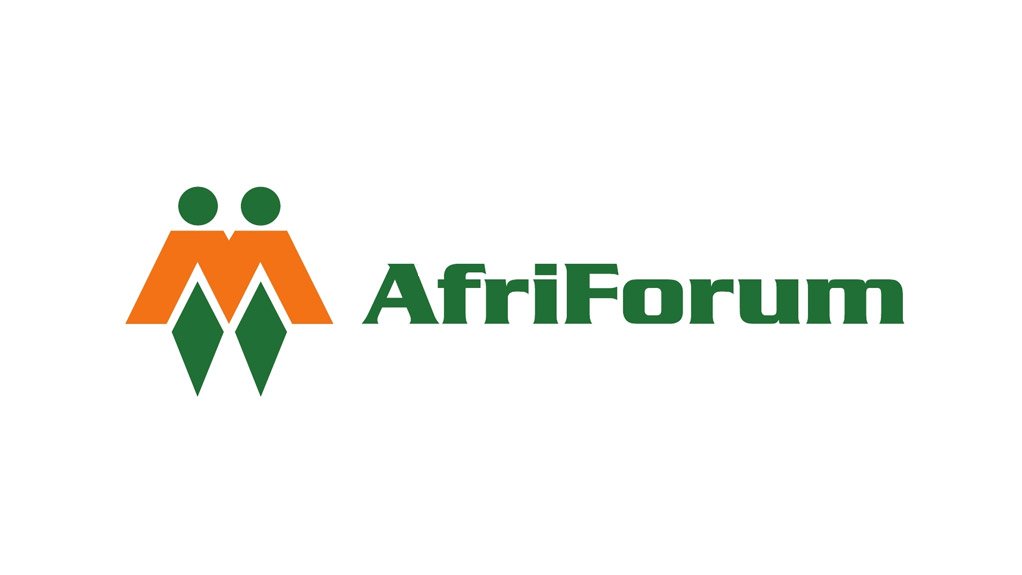/ MEDIA STATEMENT / The content on this page is not written by Polity.org.za, but is supplied by third parties. This content does not constitute news reporting by Polity.org.za.
The civil rights organisation AfriForum’s sustained pressure on the Free State office of the Department of Water and Sanitation (DWS) has led to a success. This follows after the organisation requested the DWS to reverse their irrational and unfair decision to reject the temporary transfer of a water use license based on race. This victory is proof of AfriForum’s continued fight against the DWS’s discriminatory practices regarding the allocation of water rights in South Africa.
Earlier this month, AfriForum instructed its legal team to bring a review application after the DWS refused to grant the transfer of the water use license from a black farmer to a white farmer, as the recipient of the water rights does not meet certain race-based criteria. The issue involves a successful, up-and-coming black farmer who has signed a cooperation agreement with his mentor, a white, commercial farmer. The up-and-coming farmer intended to expand his farming, but because he could not provide sufficient security, he could not obtain a commercial bank loan to buy more land.
As a result, the mentor agreed to lease land suitable for irrigated farming, but for which he had no water rights, to the up-and-coming farmer. In exchange for the mentorship, financial assistance to equip the farm with irrigation infrastructure and ensure access to markets, the budding farmer would share a portion of his future returns with his mentor. The up-and-coming farmer has water rights for irrigation on a nearby property and he would temporarily transfer these water rights to his mentor – this would be decisive for the success of this transaction.
“The DWS’s strict application of race-based transformation targets was not only irrational and illegal, but also a violation of both an up-and-coming black farmer as well as a commercial white farmer with whom he had signed a cooperation agreement, precisely to promote transformation in the agricultural sector’s Constitutional rights. We could not allow such an unjust decision to remain unchallenged – especially not in respect of a fundamental right such as access to water,” says Marais de Vaal, AfriForum’s advisor for Environmental Affairs.
AfriForum sent a letter of demand to the DWS in which the unconstitutionality of their decision was pointed out and demanded that the decision be reconsidered. If not, the organisation threatened to take further legal action. The DWS relented and approved the temporary transfer of the water use license.
This victory is proof of the power of civil cooperation and the importance of organisations like AfriForum to confront unfair practices.
“We are pleased with the DWS’s concession, but the battle is far from over. We will continue to fight against any form of discrimination in the allocation of water rights and will continue to protect the rights of all water users,” concludes De Vaal.
AfriForum encourages the public to report any form of discrimination in the allocation of water rights.
Issued by AfriForum
EMAIL THIS ARTICLE SAVE THIS ARTICLE ARTICLE ENQUIRY
To subscribe email subscriptions@creamermedia.co.za or click here
To advertise email advertising@creamermedia.co.za or click here











